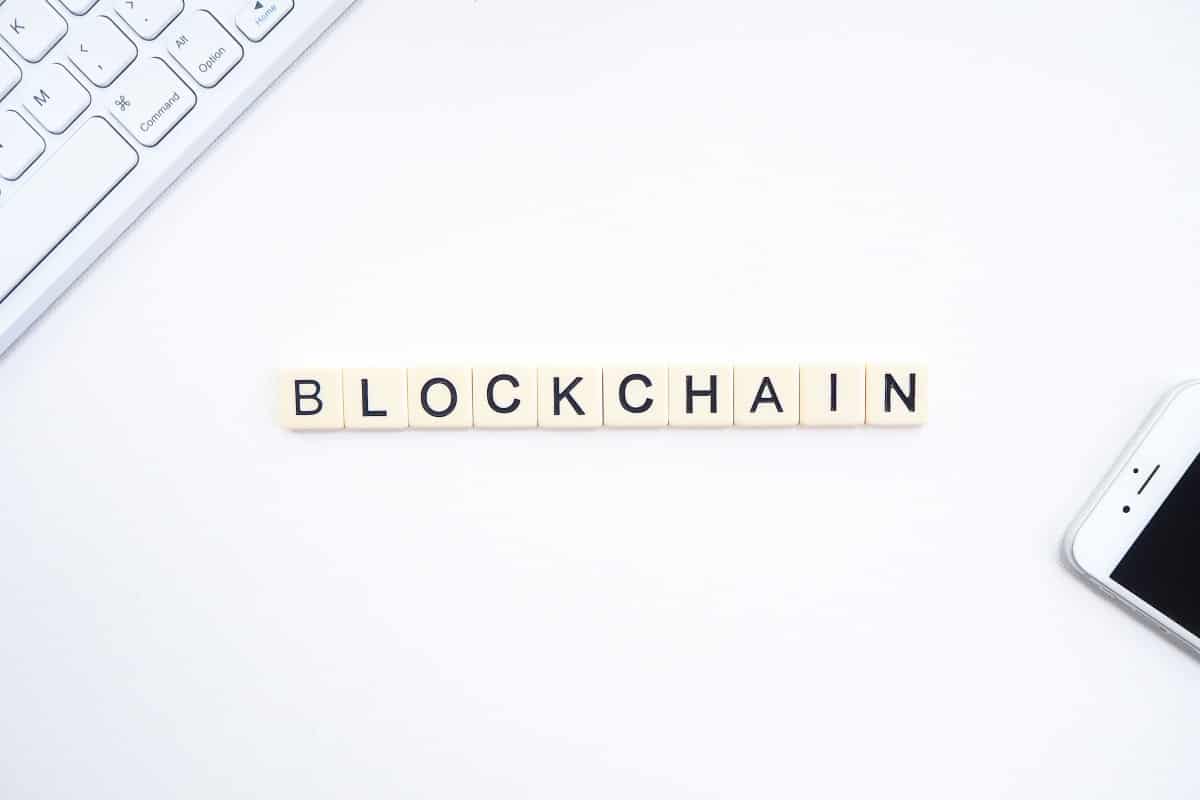Sydney-based consultant, working in cyber and strategic risk, and privacy and data collection. Formerly Legal Intern at Lawpath.
Blockchain is one of the most exciting technologies to come out in the past few years. Commercial agreements are always changing. The technology is set to revolutionise countless industries and reshape the way commercial transactions occur. Made popular through cryptocurrencies, the technology has become one of the most secure ways to make a transaction. However, blockchain technology will not come without its problems. Disputes have already arisen around certain transactions made and whether they are reversible. So how will disputes be resolved on the Blockchain? This article explores Blockchain and the methods that can be used to resolve the disputes.
What Is The Blockchain?
Blockchain is a shared digital ledger that all participants in the network can access, verify, and update. Stored within each ‘block’ is data storing the records of executed transactions. The decentralised transactions require approval from all of the nodes on the network to succeed. These transactions can occur via smart contracts. Smart contracts, at their most basic level, are a series of language and structure patterns that can trigger an event to occur at a particular time. Smart contracts have the effect of creating an almost an unhackable system whereby the hacker has to hack an entire network rather than a single server.
The Potential Legal Problems
However, for all the successes of the blockchain, there are concerns about the dispute resolution procedures. For example, what is the effect of inaccurate information being entered into the blockchain? There also concerns about who has jurisdiction to hear international blockchain disputes. Further, people use pseudonyms on the blockchain, making it sometimes impossible to identify the party that you are transacting with. Due to the rapidly changing nature of the technology, it will be difficult for domestic and international law to develop rules and remedies to resolve these complicated technical legal issues.
Online and Startup’s Responses to Disputes on Blockchain
The blockchain’s inbuilt dispute resolution mechanisms are capable of overcoming the practical difficulties of transacting on blockchain. Let’s say two parties contract on blockchain to build a system. If the party building the system thinks the work is completed and the other party refuses to pay. The party who made the system can initiate a dispute resolution procedure that will freeze any funds placed in the smart contract. Three random selected individuals will decide the quality of the job and vote if they think it has been completed. Startups are also developing systems to streamline the process of dispute resolution. The online methods raise some issues about whether randomly selected individuals can create just outcomes. However, the decentralisation reflects somewhat of a return to the Medieval principles of lex mercatoria, which lets traders define the result of their dispute.
Traditional Legal and Regulatory Responses
Furthermore, traditional legal responses have been slow to adapt to some of the problems faced on the blockchain. The best conventional legal response to the issue is via the Singaporean courts. The courts considered that the doctrine of mistake should apply in certain circumstances where there are inaccurate crypto transactions. In Australia, businesses dealing with digital currencies may require registration with AUSTRAC. Registered companies are subject to the full reporting and compliance obligations under the AML/CTF Regime. Australian courts have not provided a ruling on this issue of blockchain and digital currencies.
What Does The Future Hold?
Therefore, blockchain presents a world of opportunity for trade and commerce. There are some concerns about how problems could quickly form through the implementation of this new technology. However, Technology will most likely provide the most practical solutions to these issues. Conventional legal methods may also be able to provide a unique solution where applicable.







